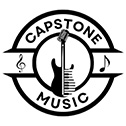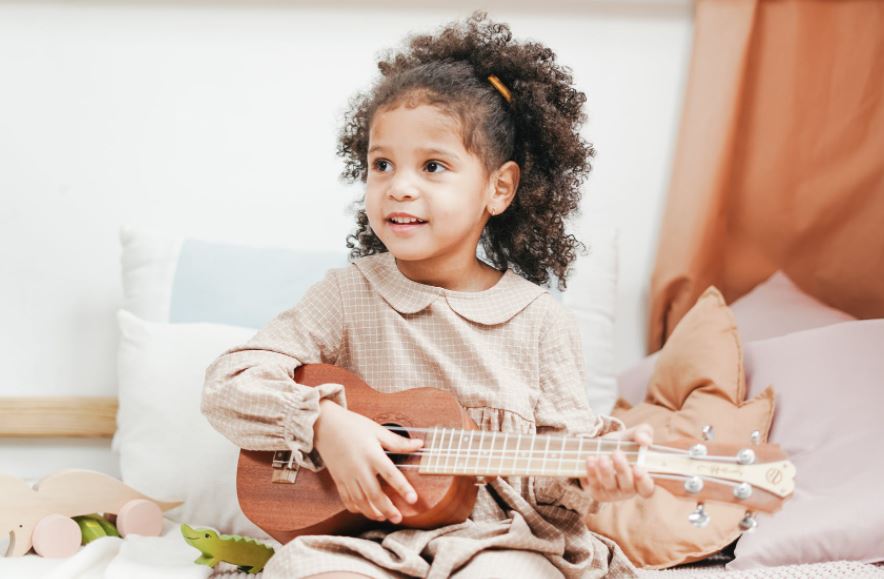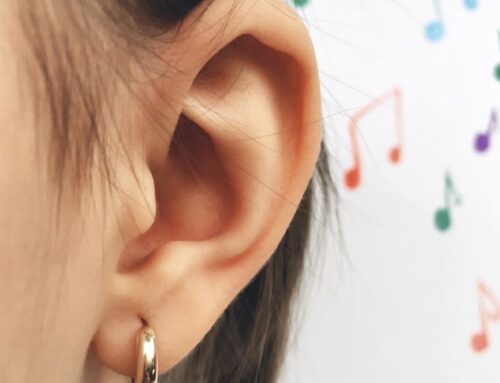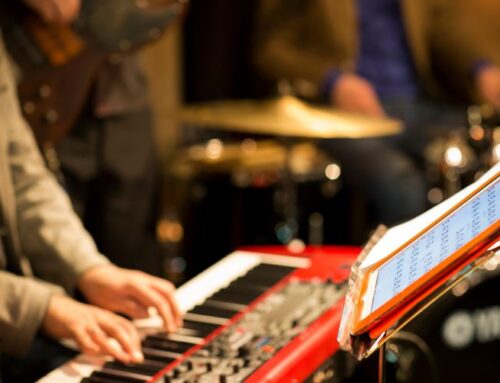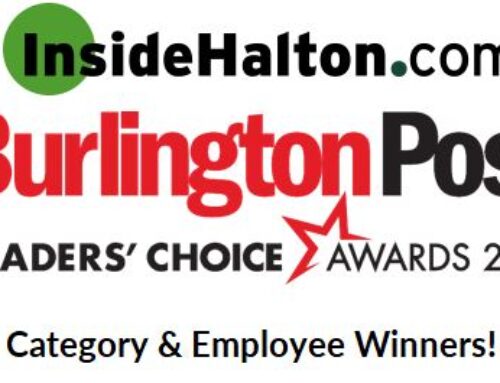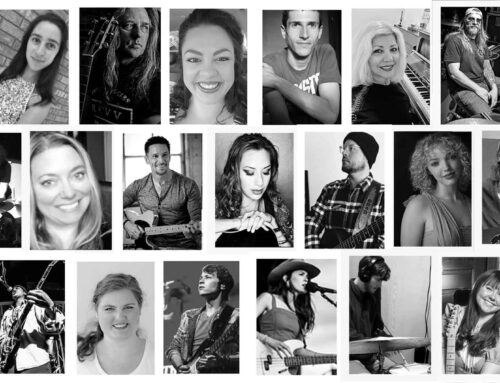As you begin taking singing lessons there are many different things you’ll have to learn and get used to. How to read music, how to stay on pitch and how to create a harmony are all skills that will help you further your singing ability. While you can pick up these things while taking regular singing lessons, there’s a bit of a trick that many musicians want let you in on: learning how to also play an instrument actually help you learn how to sing your best.
Here’s how learning an instrument can improve your singing
Singers often learn how to play an instrument while they’re taking singing lessons for many reasons. Which instrument you choose is up to you, though many want to start with a piano or guitar because they pair very well with singing and can be fairly easy to learn. An instrument like a piano or guitar will have many benefits to your singing skills so incorporating both lessons into your repertoire can have you succeeding at both in no time.
At Capstone Music Burlington, we’ve many students taking lessons across instruments along with vocals. Our vocal teachers are real performing artists that often play – and teach – several instruments If you’re in Burlington/Halton (or beyond) and would like in-person (ore remote online) private lessons from our music school contact us!
1. You can accompany yourself
Whether it’s with vocal exercises like practicing chords or increasing your pitch, performing for someone or just making music for your own enjoyment, when you can play an instrument, you are able to provide your own background music. The ability to add harmony and rhythm to your singing will help give you confidence as you grow.
2. Understand notes more easily
Learning music theory helps a singer to understand the notes they’re singing and how they work together. This can help a singer to recognize the importance of rhythm, harmony and melody when singing or writing music.
3. Learn how to read music
Reading sheet music is an excellent skill to have as a singer and musician, however learning to read music can often be easier when you can play the note on your instrument and hear exactly what it should sound like.
4. Playing an instrument can help combat writers’ block
If you like the idea of writing your own songs and putting them to music, playing an instrument can help you get past writers’ block by allowing you to pluck away at notes and focus on the melody when the words won’t come right away.
5. Be a more well-rounded musician
When you are able to play an instrument as well as carry a tune while singing you become a more well rounded and adaptable musician. You will be able to collaborate with other musicians, join a band, write songs and even discuss music theory with confidence.
6. It’s easier to learn music theory
While learning music theory isn’t a must for singers and vocalists, if you have goals of writing songs and playing your own music, learning music theory can help make that path easier. Learning music theory can help improve your ability to hear notes and play music by ear.
7. Improves your confidence
Oftentimes if you find yourself wanting to perform for someone, whether it’s just a couple friends or in front of a crowd, it can be nerve wracking to have to hit all the notes correctly. Having an instrument to accompany you can help improve your confidence and gloss over any mistakes you might make.
8. Builds visual memory
When you learn how to read music while learning a musical instrument this helps you improve your ability to actually visualize the notes and melody you are going to sing.
Gain the many benefits of learning an instrument as a singer
While not knowing how to play an instrument won’t hurt your ability to sing, learning how to play an instrument can help improve your singing skills in many ways. Being able to use your guitar, piano or other instrument to accompany you can lead to more confidence, improved skill development and even greater opportunities as a musician.
